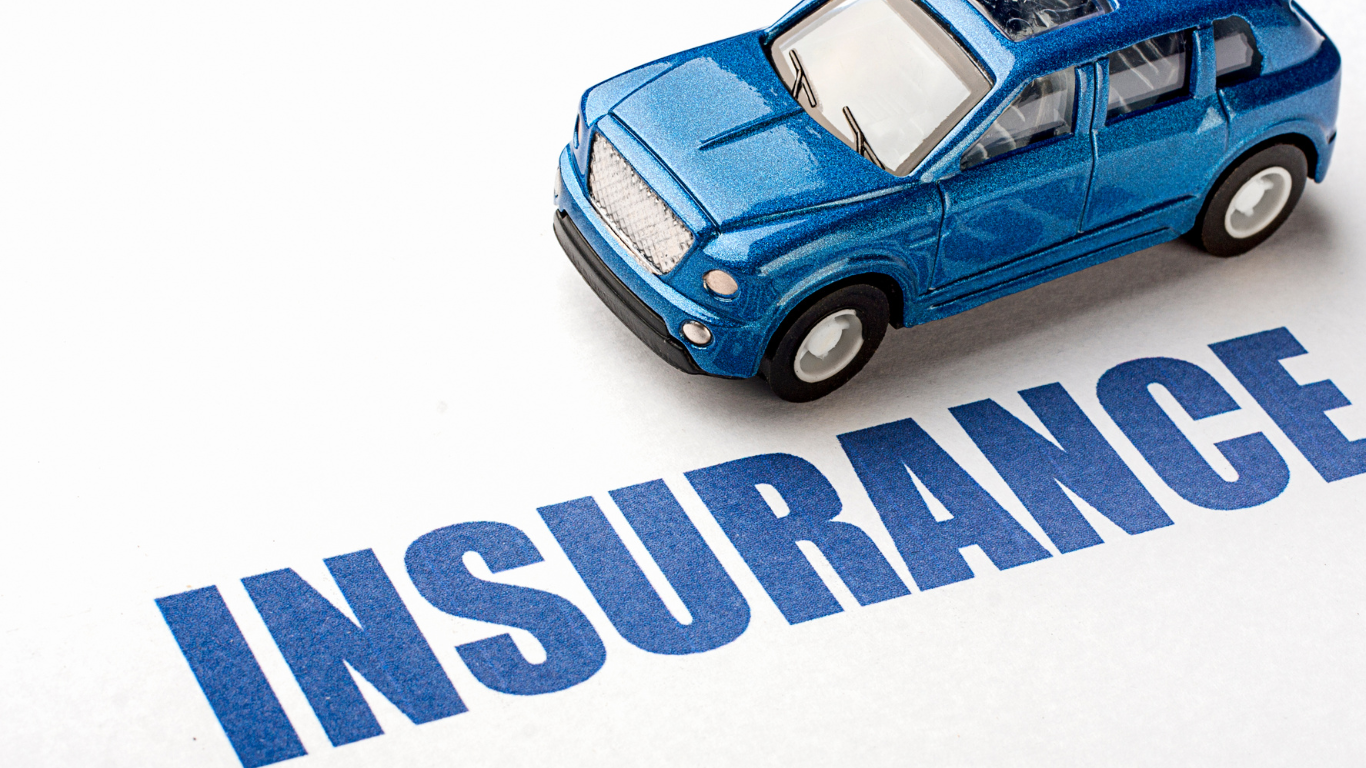How can I reduce my auto insurance premium?
Vehicle insurance is something you must have, but you probably don’t like having to pay for it. This thing you’re supposed to have can become challenging, challenging, and confused. Because at the end of the day, all you really want to know is how much money you’ll be budgeting for vehicle insurance, or your premium.
We’ll explain what a car insurance premium is and how to make the most of it to save money.
What is a car insurance premium?
A car insurance premium is the amount you pay to the insurance provider in exchange for protection for yourself, other people, and your car. To keep your policy current, you must pay this fee on a regular basis (often every month, every six months, or every year).
Although though it’s the same drink, a premium will look, taste, and cost slightly different depending on where you acquire it. Despite having the same coverages, limits, drivers, and vehicles on the surface, your premium may be priced differently depending on where you get your auto insurance.
What factors do most auto insurance companies take into account when determining a customer’s premium, then?
What factors can affect a premium for insurance?
We’ll simplify some important aspects insurance firms take into account when forming a customer’s premium into an understandable list rather than losing you in a sea of insurance jargon.
1. Driving history
When you compare auto insurance quotes, the majority of businesses will obtain your Motor Vehicle Record (MVR) and other records to examine your driving history, particularly any accidents or infractions you may have committed in the past. These elements are taken into consideration to assist determine premiums because someone with a history of reckless driving or collisions may be viewed as a higher risk, ultimately raising your premium.
It’s crucial to understand that when vehicle insurance companies examine an MVR and other records, they will analyze the most recent history of infractions or accidents. Often, this history is only taken into account for a specific time period that is determined by each insurance company.
So what about that speeding ticket you received in high school more than ten years ago? It’s unlikely that it will have an impact on your premium.
2. Insurance background
Insurance companies will probably use your insurance history when determining your premium while you browse for auto insurance. Your insurance history essentially asks if you had consistent insurance coverage (i.e., no breaks or lapses) during the time you owned and drove your car.
Driving without insurance is the same as having lapsed auto insurance, which can raise your premium.
3. Vehicle type
Your auto insurance premium may be impacted by the kind of vehicle you drive. Car insurance providers take into account the manufacturer, model, safety features, and cost of repair or replacement.
Have a look at this article we prepared on the topic here to learn more about how the type of automobile you drive affects premiums.
4. Coverages
Without coverages, car insurance wouldn’t be much of anything; it’s what makes car insurance, car insurance. The great thing about coverages is that, for the most part, you get to make all the decisions.
You can choosethe specific coverages and deductible amounts that work for you in addition to the state-mandated minimums. Your auto insurance premium will be affected by what you decide to cover and how.
5. Drivers
Have a sizable family of drivers? Are you traveling alone? You will be required to list all known drivers on your auto insurance policy when you request a quote. In addition to helping determine an accurate premium, having an exact list of the drivers on your policy will ensure that all of the drivers are covered in the event of an accident.
6. Location—another factor affecting auto insurance premiums. Where you park your car might affect the cost you pay, whether it’s in the garage, covered carport, or parking lot of the building. If there is a history of vandalism or accidents in your neighborhood, the risk and premium may be higher.
How can I get vehicle insurance for less?
We are aware that many of the elements that affect your premium may seem beyond your control. Here are five ways to reduce your premium, whether you’re shopping for auto insurance for the first time or making changes to an existing policy.
• Drive carefully and abide by the traffic laws
• Seek for vehicles with safety features
• Don’t operate a vehicle without insurance if your state mandates it, and inquire about discounts such as accident prevention, multi-policy savings, etc.
• Just select the insurance coverages you require in order to be sufficiently covered.
Every auto insurance provider will provide a unique service (remember the coffee drink?). Be sure your insurance is customized to your individual needs because there is no one-size-fits-all approach to premiums.
Our opinion on auto insurance premiums
You may have heard about usage-based car insurance because car insurance firms continue to look for methods to reduce consumer premiums. Because it uses telematics to affect premiums, this vehicle insurance business is different from typical insurers.
Think of telematics technology as your preferred watch or fitness tracker. To assist you achieve your objectives, the technology in such devices may track your activity levels such as steps taken, sleep duration, calories burned during exercise, and more.
Telematics functions somewhat similarly to auto insurance. Your phone’s technology is used to track things like your driving speed, miles driven, when you drive, and whether or not you’re distracted while driving, all of which can affect your vehicle insurance premium.



